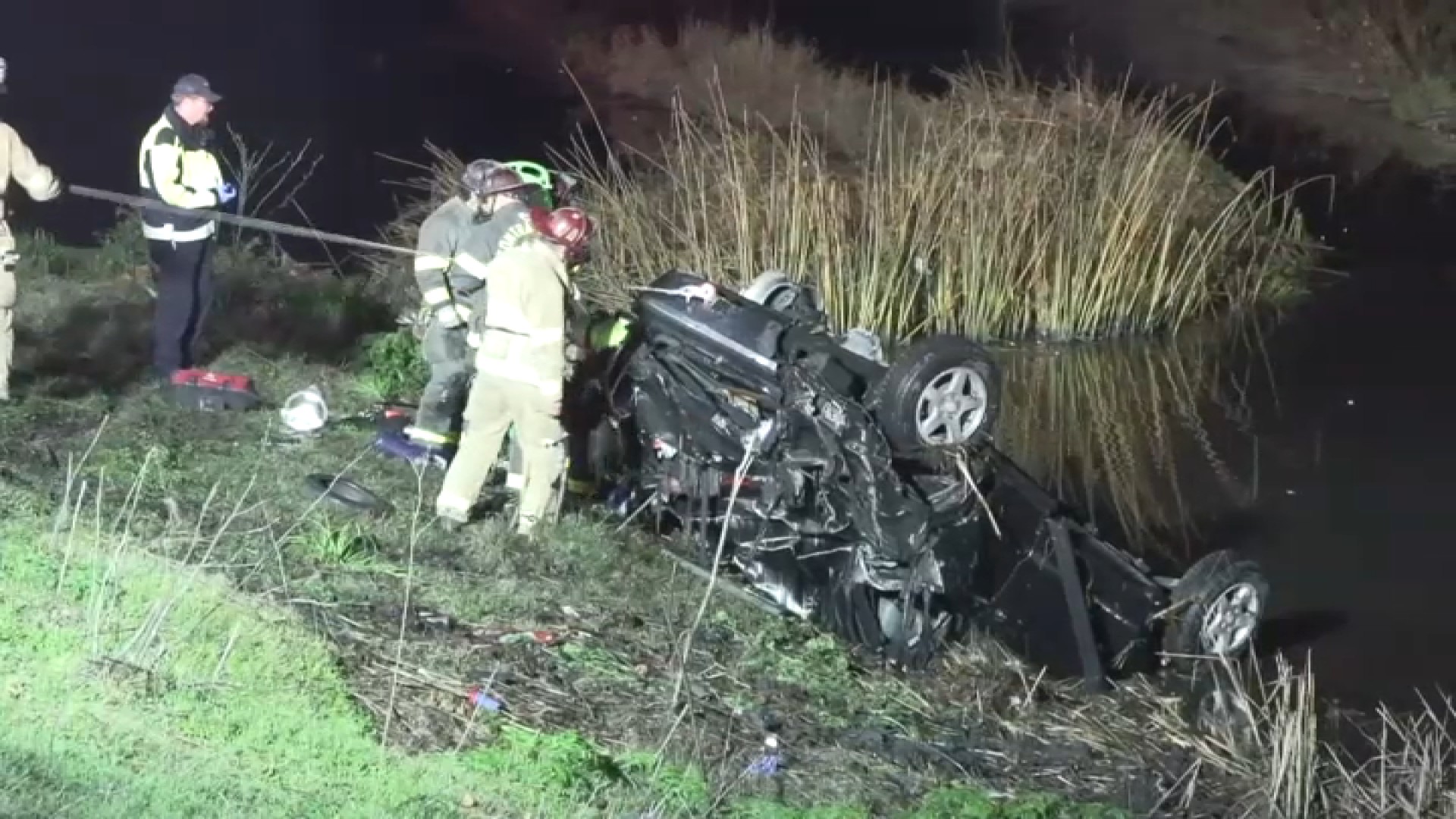Alana Macken’s pursuit of an advanced degree in meteorology degree has already taken her to some interesting places: from the Santa Cruz Mountains to the woods of Georgia, all the way to the middle of the Greenland ice sheet. In fact, never knowing where this academic journey will take her is one of the things the 23-year-old loves about it.
However, she is sure of where it all began. And when.

“Like 1 or 2 a.m,” Maken said. “My dad knocked on my door and just said, ‘We got to get out of here, we got to go.’”
It was October 2017 and Macken’s father had woken her up in the middle of the night because the Tubbs Fire was racing toward their Santa Rosa home. “There was a hill behind our house and you see this orange glow that's five times as high as that hill,” Macken said.

While thousands of members of their community lost their homes, Macken’s survived. Just like it did the next five times the family had to evacuate over the next three years. Worrying about wildfire became an ever-present condition for Maken. One day, however, Macken came up with a way to use it to her advantage.
“If my brain was already going to be thinking about fires all the time, I might as well do something about it,” Macken said.

That is when Macken changed her academic focus to meteorology. Now, seven years after the Tubbs Fire, Macken is studying at San Jose State University’s Fire Weather Laboratory.
Get a weekly recap of the latest San Francisco Bay Area housing news. >Sign up for NBC Bay Area’s Housing Deconstructed newsletter.
Local
Her research focuses specifically on the Diablo winds, which fueled the same fires that ravaged her community.
“The idea is that we figure out some of those nuances of the structure,” Macken said. “How do they behave? How do they develop? We might be able to give people a little more warning time before an event like that happens.”
By studying these wildfires and the weather that surrounds them, the less mysterious and scary they become.
“I have learned to really love these winds. I have learned how fascinating they are,” Macken said.



